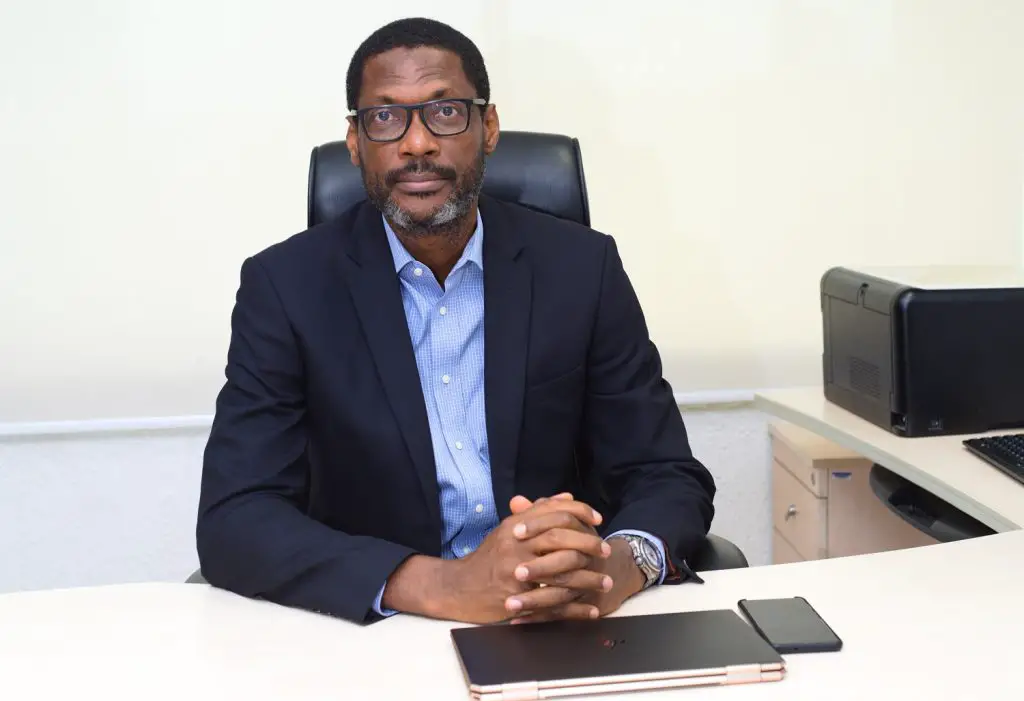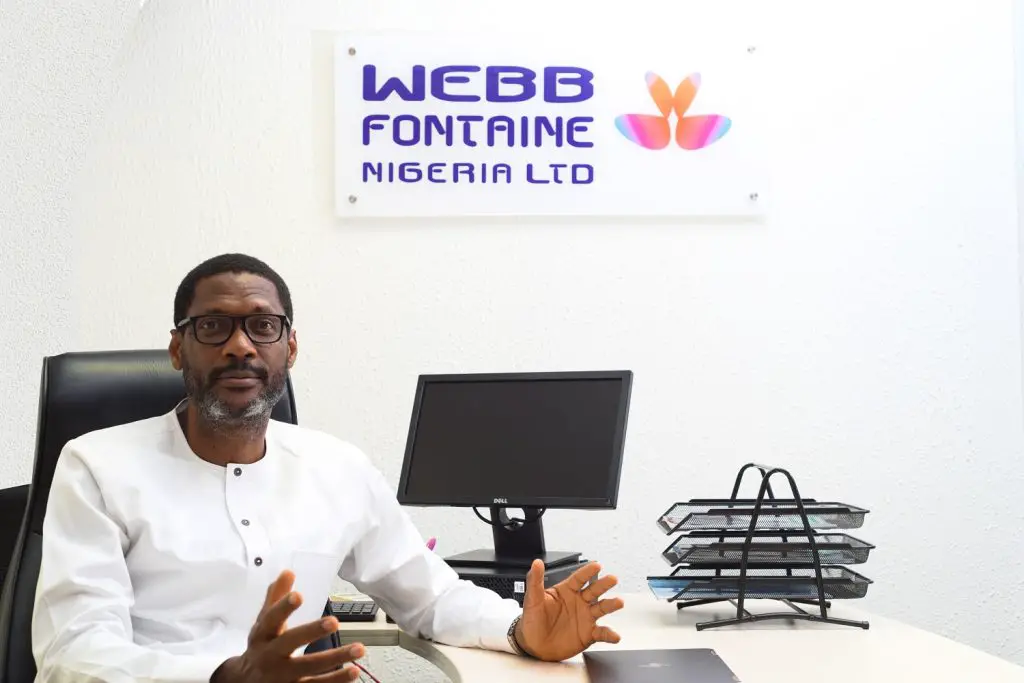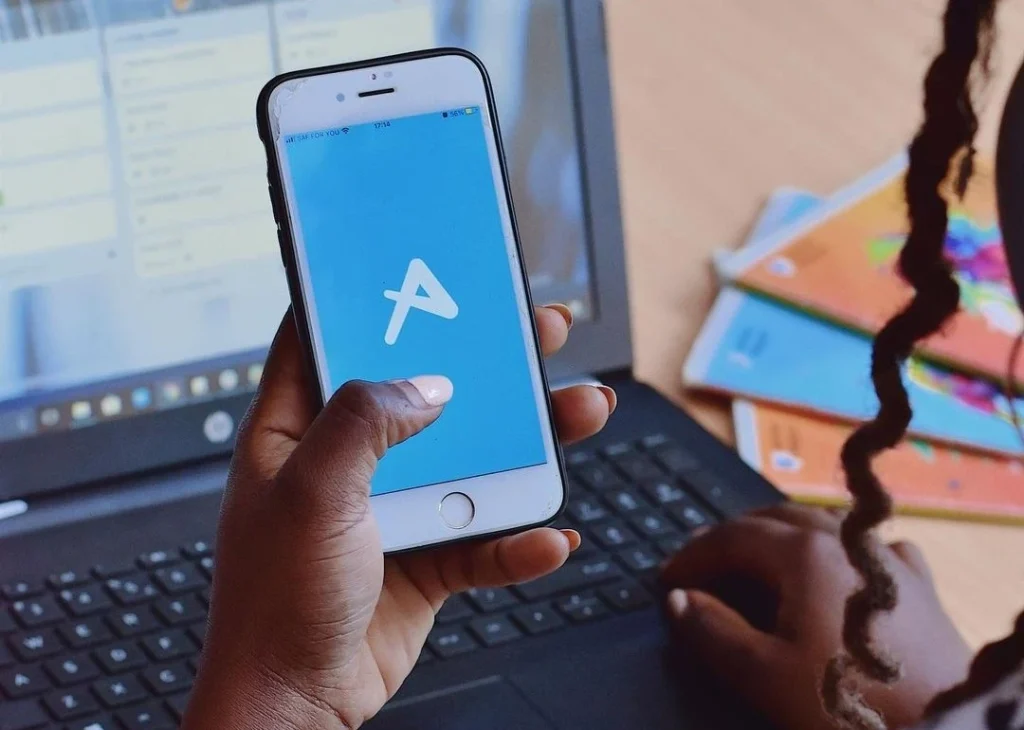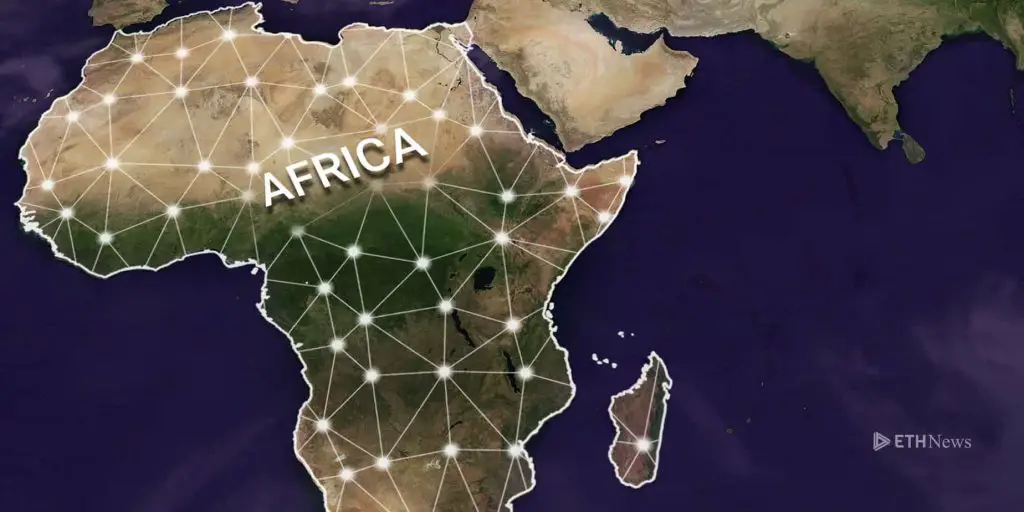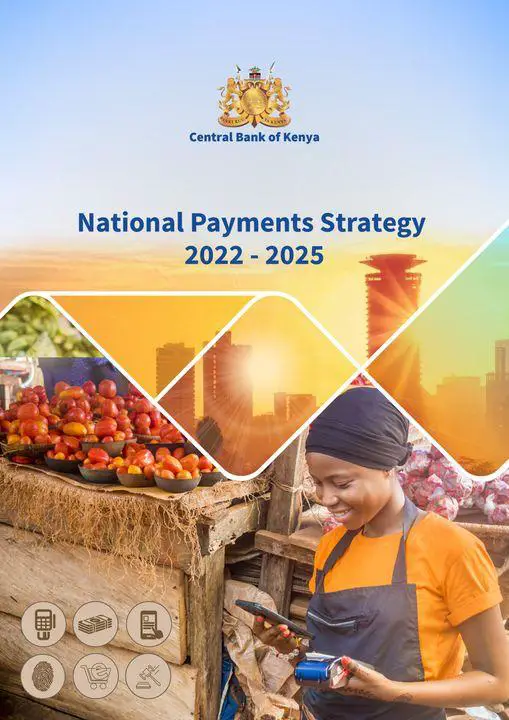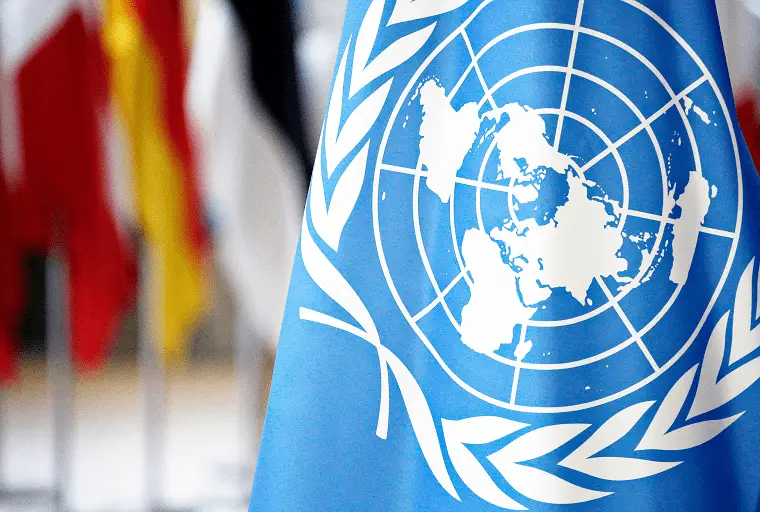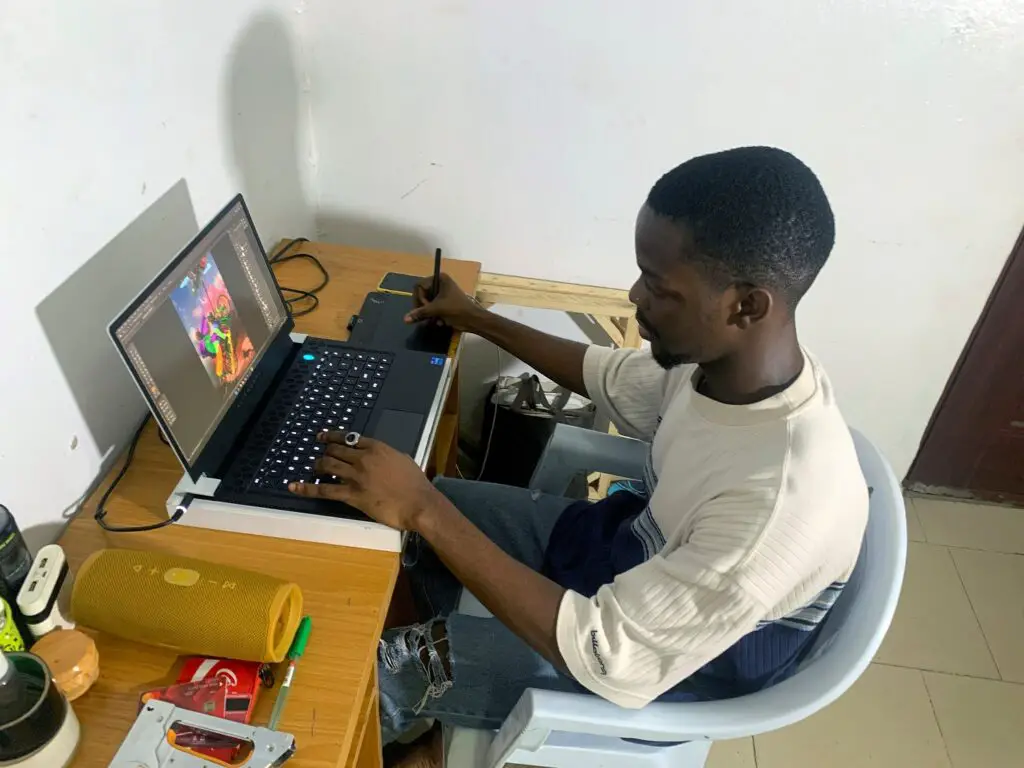- Kenya-Ethiopia Trade Relations: Legislators Advocate for Policy Alignment to Boost Ties
- Visualising the state of debt in Africa 2024
- Abu Dhabi radiates optimism as over 300 startups join AIM Congress 2024
- TLcom Capital Raises $154 million in Funding to Boost Its African Growth
- Africa’s $824Bn debt, resource-backed opaque loans slowing growth — AfDB
- LB Investment brings $1.2 trillion portfolio display to AIM Congress spotlight
- AmCham Summit kicks off, setting course for robust future of US-East Africa trade ties
- Why the UN is raising the red flag on the UK-Rwanda asylum treaty
Browsing: Blockchain technology
One of the many lessons learned from the pandemic is that SMEs need to embrace digital transformation, not just to weather unplanned challenges but because it will help them be more competitive and stable. Digital enablement is not just a means of survival. It is a way for SMEs to conduct business more efficiently, which in turn can empower them to expand their operations and earnings further.
Being nimbler than their big business counterparts, SMEs can quickly rethink their marketing strategies and adopt new technologies to enhance their offerings faster. Digital innovation provides extraordinary opportunities for SMEs. It empowers them to implement new market models, has a greater line of sight across their business, improves traceability, and meet their customers, service providers, and logistics partners, in many instances, all on the same page.
In the digital trading space, solutions such as import/export platforms, automated cargo-tracking and digital reporting of non-tariff …
- Digitalization brings new opportunities in trade and creates the potential to underpin resilience in times of crisis
- The digital transformation of customs and borders in Africa could improve efficiencies in processes and yield trade gains on the continent of US$20 billion a year
- Single Window can cross-check credentials for consistency and traceability, reducing errors and fraud
The digital transformation of customs and borders in Africa could improve efficiencies in processes and yield trade gains on the continent of US$20 billion a year.
Digitalization brings new opportunities in trade and creates the potential to underpin resilience in times of crisis.
The digital transformation of customs and borders in Africa could improve efficiencies in processes and yield trade gains on the continent of US$20 billion a year. With digital trade in place, pre-existing bottlenecks in infrastructure can be tackled, efficiencies can be leveraged, and Innovative solutions can be harnessed. However, countries in …
One arrow in a pirating scheme quiver is the false claim to work or authorship or ownership. With Blockchain one can ascertain proof-of-work and proof-of-authorship if they upload their work, comply with Blockchain agreements and get their digital certificate which includes a private key, kind of a personal signature.
This can prove ownership of the works as it is time-stamped and known to be in existence. One can also trace the transactions and copyright use of their works and be able to calculate the intellectual property value in the forms of royalties and license fees and any other form of exploitation either economically or morally.
For a long time, creatives have decried the often rigid and unclear remuneration process of their royalties, the blame always shuttling between collective management organizations, CMOs and the broadcasters. …
Afriex processes over US$5 million in monthly transfers. In comparison, Wise company transfers a monthly average of US$5.2 billion. However, Afriex has grown its customer base by 500 per cent in the last half a year, with half of its active users using the platform more than once a week.
Afriex makes money by arbitraging the currency and crypto exchange rates when a customer transacts. The startup raised a US$1.3 million seed round in May 2021 and has just closed a US$10 million Series A round at a $60 million valuation.
The financing was co-led by Sequoia Capital China and Dragonfly Capital, with participation from Stellar Foundation, Goldentree and Exceptional Capital, among others.…
- A blockchain is a distributed ledger that is open to a group of selected participants to store, share and alter decentralized data
- If a new block is added to a blockchain, all the users in all the blocks must confirm the information added for the block to be valid
- Blockchain technology could be of immense importance in Africa to maintain medical records, protect land ownership and secure government records
The primary technology behind cryptocurrencies is blockchain technology, allowing traders and clients to reach a consensus without necessarily trusting each other.
But over time, owing to its excellent security status, the technology has gained substantial mainstream attention and is steadily seeping into education, health and governance, among other sectors.
A blockchain is a distributed ledger that is open to a group of selected participants to store, share and alter decentralized data. In simple terms, a blockchain is a chain of blocks …
The first National Payments Strategy implemented in 2004 through to 2008, was aimed at addressing challenges across risks due to the absence of a real-time settlement system, limited trust in payment instruments such as high-value cheques and an under-developed policy, legal and regulatory framework.
The NPS is motivated by a desire to meet the diverse needs of the Kenyan people and its economy and support our nation’s ambition for a digital, inclusive and 24/7 economy. The Strategy will also be the basis for consolidating and extending Kenya’s global leadership in digital payments and innovation. Finally, the Strategy will provide the overarching policy framework that will guide the work to strengthen the NPS legal and regulatory framework.…
Cryptofund is part of UNICEF’s innovation fund, which allows the organization to hold, receive and disburse funds in cryptocurrency. The CryptoFund is a pooled fund of bitcoin and ether, distributed only in crypto, targeting to create visibility and transparency accounting to donation distribution and investment processes.
CyrptoFund will facilitate startups registered in UNICEF’s 190 programme countries as a prototype Fund that seeks to explore the use of digital currencies in these countries. Forty-one of the nations are African.
Startups registered in the 190 countries and have an operational, open-source blockchain prototype or are willing to make their startup open source are eligible to get the fund.…
Non-Fungible Tokens (NFTs) are the new opportunity for anyone with anything they can monetise and an access to the internet to reap the benefits of minting money on the World Wide Web.
NFTs are “One of a kind” digital assets that can be traded like any other piece of property, but NFTs do not exist in any tangible form. It is possible to think of virtual or real assets as tokens that may be exchanged for tokens.
Therefore, an NFT is a digital title for a piece of content that may be sold on auction sites but is non-returnable because it is unique and irreplaceable. Because of this, its value fluctuates and it is useless as a means of exchange. Cryptocurrency and blockchain are the foundations of NFTs.…
Blockchain technology has for long been associated with cryptocurrencies but there is so much more that it has to offer. …
Global partners are working to develop community currencies which will help cash-poor regions grow their own economies using blockchain technology.
The blockchain-based community currencies will be developed by an international partnership to supplement direct cash and voucher assistance programs for vulnerable communities in developing countries.
The two-year project will test, develop and distribute eVouchers, or Community Inclusion Currencies, held in mobile wallets on feature phones in some of the poorest areas where the national currency is scarce.
US$1 billion a year distributed by the Red Cross
The initiative will be delivered by the Norwegian Red Cross, Danish Red Cross, and Kenya Red Cross, together with Innovation Norway, Grassroots Economics Foundation and Sempo, an Australia-based technology firm.
The network will aim to improve the efficiency and effectiveness of the $1 billion a year distributed by the Red Cross in cash and voucher assistance programs by 2020.
“We need new financial solutions …





